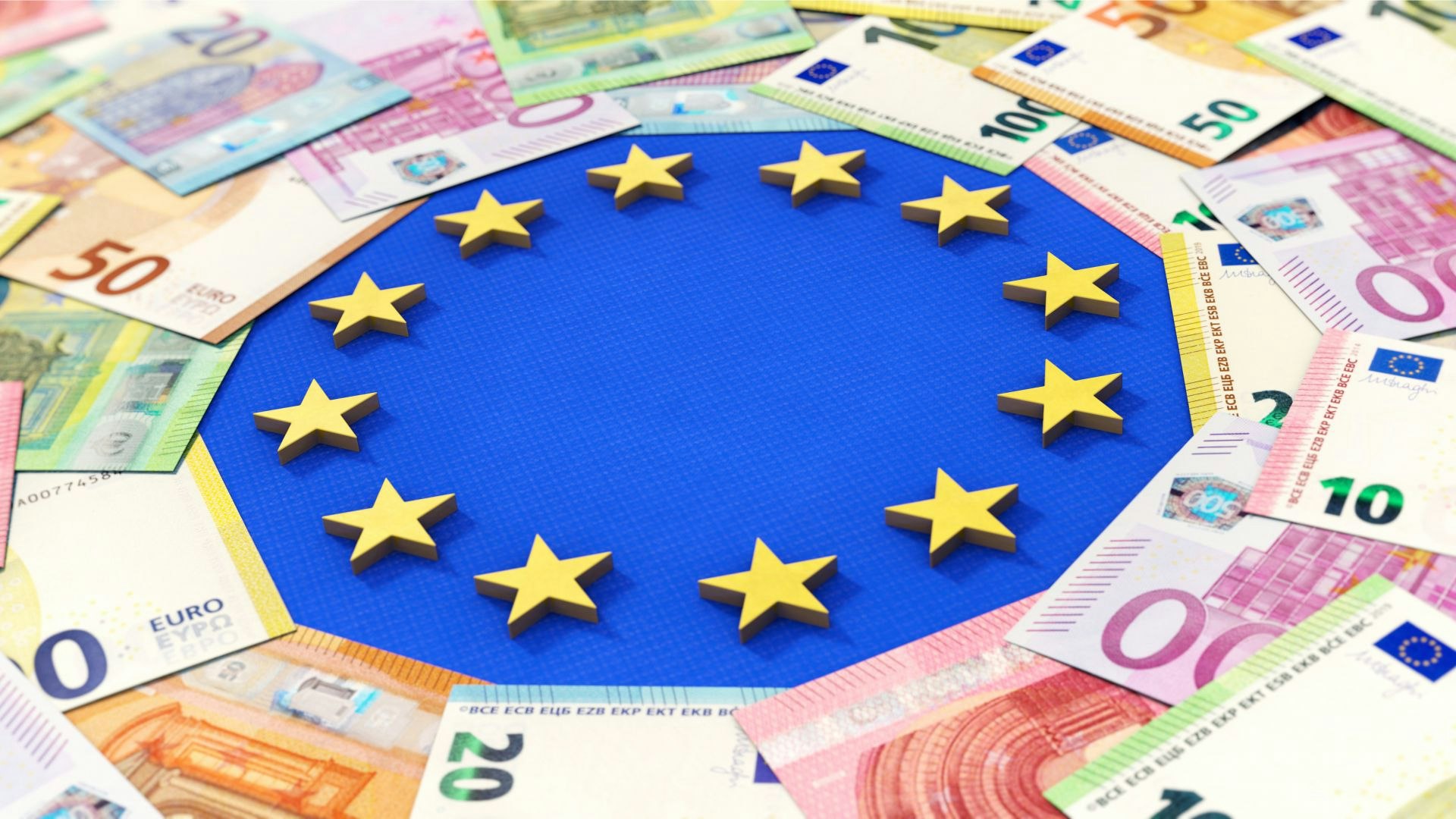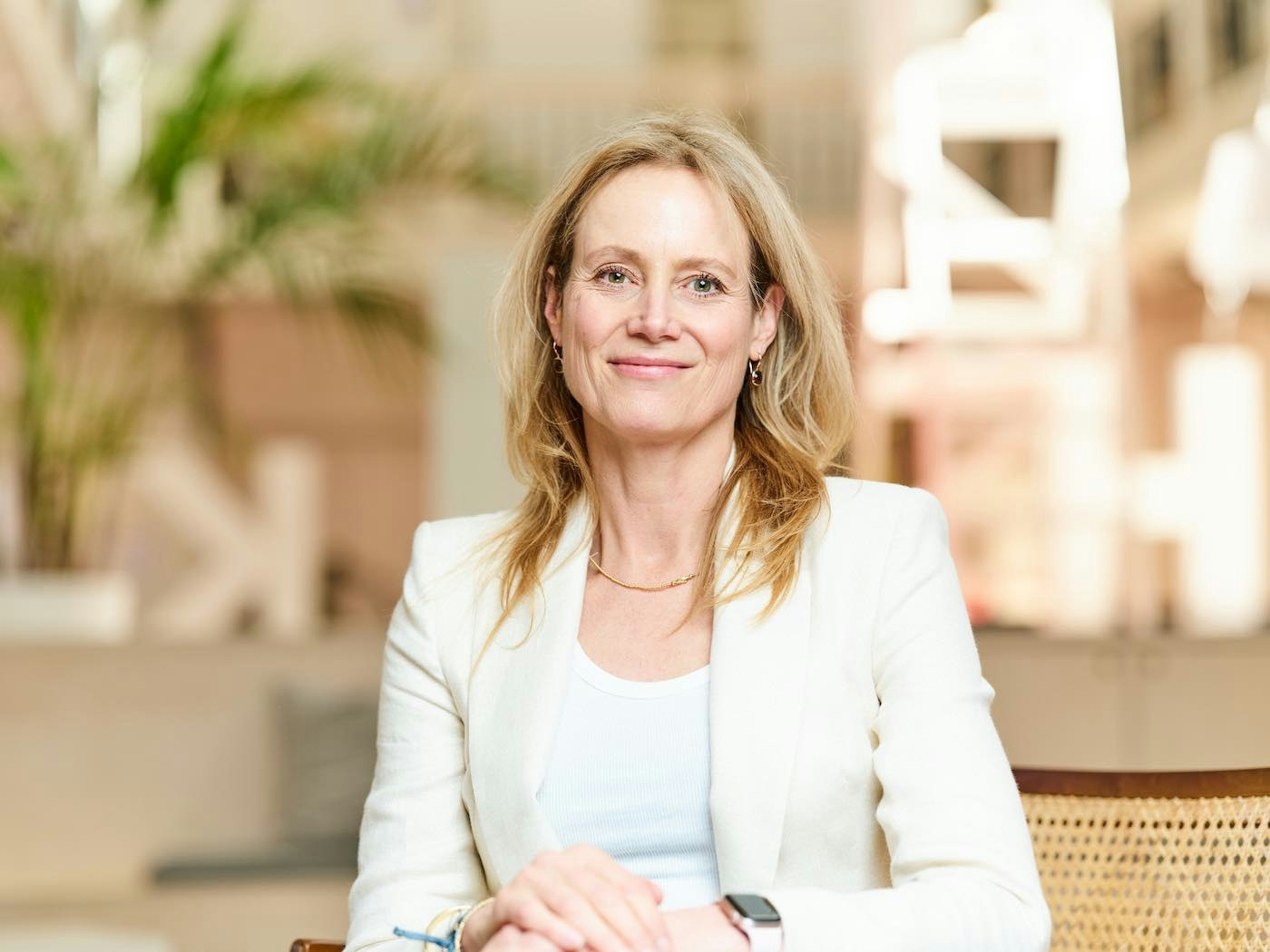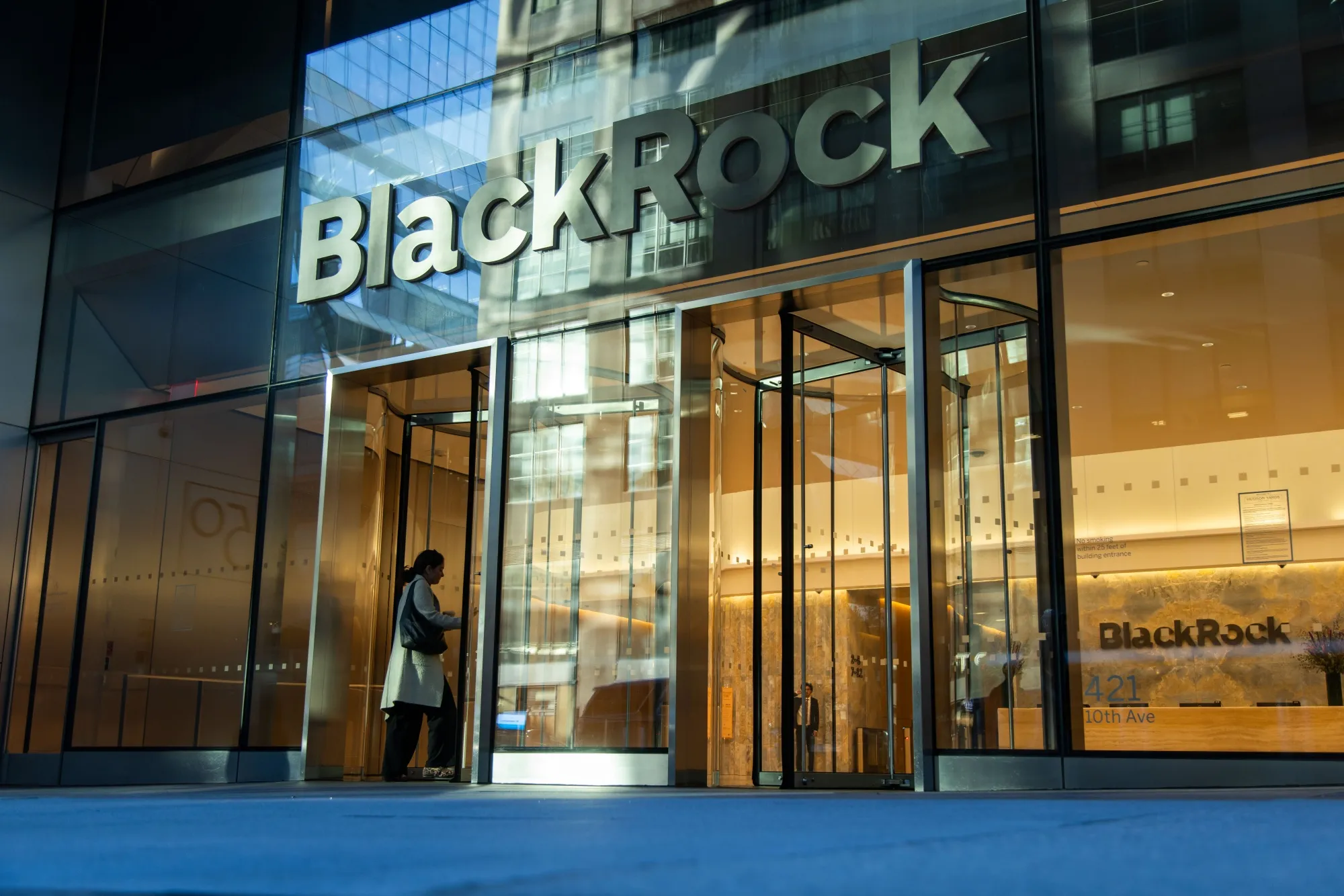German VC Acton Capital — a firm which says it cares more about business model innovation than tech innovation — has raised its sixth fund of €225m. It will back B2B and consumer companies at Series A and Series B stage in Europe and Canada.
Founded in 1999, Acton Capital is one of Germany’s longest-standing investors. It’s backed success stories like ecommerce platform Etsy and HomeToGo, a marketplace for holiday rentals.
It will make between 15-18 deals with the new fund, doing three to four deals per year; it also plans to reserve 50% of the fund for follow-ons.
So far, Acton Capital has made five investments from the new fund, including Belgium company Henchman, an AI-driven knowledge tool for lawyers, and Klaus, an AI-powered customer service platform based in Estonia.
99% of LPs that backed Acton in its last fund have reinvested.
Not a tech investor
Acton Capital says it cares more about business model innovation than tech innovation.
“A lot of attention and capital, quite rightly, goes towards startups which focus on true technology innovation,” says Acton partner Dominik Alvermann. “But there are many companies which apply existing technology to drive innovation through products, processes and, ultimately, business models.”
He points to portfolio company SoSafe, which combats cybersecurity threats “not through technical measures,” but by training up employees to be able to spot and manage risks.
The state of Europe’s growth market
Growth funding may have dried up this year, but Acton Capital is optimistic about the future.
Alvermann says that a lot of companies have extended their runway and have reduced burn, which is a good thing.
Julius Lühr, principal at Acton Capital, says that he’s seeing a lot of companies with “solid fundamentals and good growth” get funded, which he thinks is a “healthy development” for the market, compared to 2021, when any fledgling company with an idea could get backing.
“I think (the downturn) has made people very receptive to the fact that there is a downside of taking too much capital: the music can stop at some point,” he says.
“And founders are growing up in terms of being true operators, learning to balance top line growth with functioning margins.”



